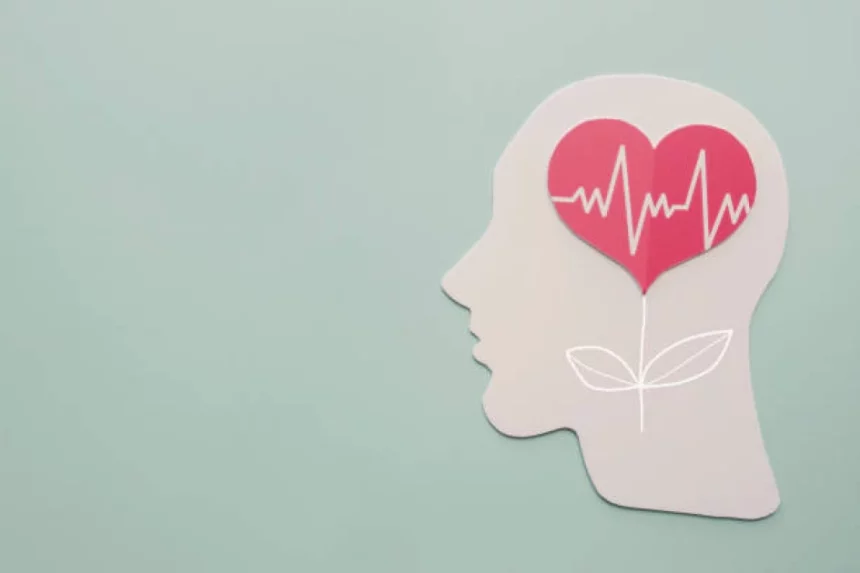They say a daughter first learns how to love from her parents – both father and mother; but what happens when paternal love is toxic?
Sharon Zawadi, a 22-year-old woman, knows all too well the impact a father’s actions can have on a daughter’s mental health.
In this candid account to Wananchi Reporting, Sharon shares her story of how her father’s behavior affected her life and shaped the person she is today.
Growing up, Sharon considered her father as her hero.
Growing up in a lower-middle income home, Sharon said she did not have a lot, but was grateful to have both her parents’ love.
Sharon said it was her father who taught her how to ride a bike, took her to car shows, and showed her how to change a tyre.
But as Sharon got older, her father started drinking heavily and she started to see a different side of him.
“He became controlling and emotionally abusive, constantly criticizing and belittling my accomplishments,” she said.
Sharon said she found herself walking on eggshells around him, never sure what would set him off.
“I recall the nights when I had to cover my ears so as not to hear my drunk father beat up my mom,” she said.
“During the day, he would come and bang all the doors, throw glasses at me and my younger siblings and burn my mom. The list is endless; there is nothing he didn’t do.”
Sharon recalls her worst day when her mom had just won a writing competition award that was meant to change their lives.
“I was ecstatic and so proud of my mom,” she said.
Among the prizes she won was a 55-inch television, a Nikon D7700 DSLR camera, Ksh.500,000, and a MacBook.
“As we were celebrating my mom’s achievements, my drunk father came in and took all the rewards, beat all of us up until my mom was unconscious, then left. That was the last day I ever saw him. He left us with literally
nothing,” Sharon said, with pain in her eyes.
The incident was the last straw for Sharon’s mother, whom she says fell into depression, which led her to losing her job.
This made the family’s situation worse, but slowly, the family started to pick up the pieces and Sharon’s mother started selling chips and bhajias at the side of the road in order to pay for her children’s school fees
Although the family struggled through and the children were able to finish their education, Sharon said her experience with her father had a negative impact on her mental health.
She struggled with anxiety, depression, and post-traumatic stress disorder (PTSD), and found it difficult to trust others or form healthy relationships.
This made her cut and burn herself as she said that was the only way she thought she could deal with the trauma.
Research shows that some people dealing with mental health disorders take to cutting themselves to feel physical pain in the hopes that it will divert the emotional pain that they are dealing with. This, however, is not a solution to dealing with problems.
Sharon finally realised that she needed help and sought the services of a psychologist who helped her find hope again.
She said despite the pain and trauma she experienced, she refused to give up.
She found solace in writing and photography, using her talents to express herself and find a sense of purpose.
“I have forgiven my father. I will not let his actions derail my future, I just hope he can be better for his next family” she adds.
Today, Sharon hopes to be a successful writer and photographer, and has dedicated her life to helping others who have experienced similar struggles.
She also calls on her peers who are experiencing the same to seek help by going for therapy as holding the trauma in will only lead to self destruction and mental health problems.
Kenya has several free and subsidised counselling services available for those going through mental health disorders. Government institutions offer services at subsidised rates.
Some of the symptoms people should look out for in their loved ones that point to possible mental health disorders include: withdrawal – when a person stops enjoying or participating in activities that they once enjoyed for extended period of times, this could point to a problem.
Other symptoms are failing to pay attention to personal grooming, slacking in daily activities and having episodes of extremely bad or good moods.



